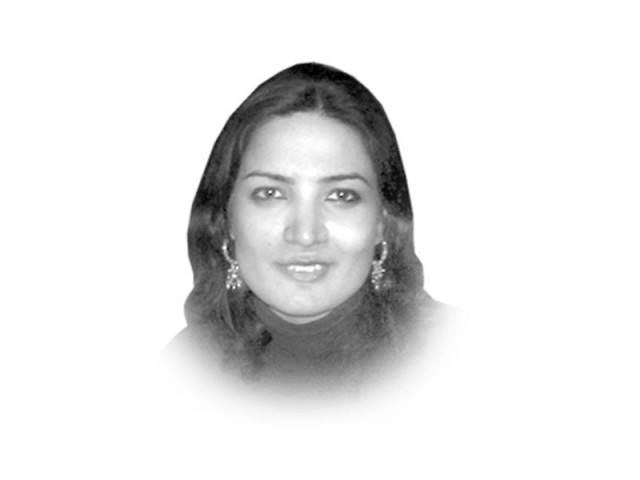What makes a good Muslim
Who gets to define what is local and organic and what is foreign and intrusive?

The past couple of decades have witnessed an increasing number of middle and upper class urban Pakistani women actively turning towards this brand of Islam through schools like Al Huda. They influence their families and friends towards this religious framework in order to construct a culture in Pakistan which they say is the pure Islam — free of all the foreign influences or bida’at. The bida’at includes wedding festivities, Sufism and co-education, among other things. The question that should become part of popular discourse in Pakistan, but has not been given due attention is: Who gets to define what is local and organic and what is foreign and intrusive?
The Wahabi interpretation of Islam taught at schools like Al Huda shuns something as simple as a birthday celebration as a foreign concept or a mehndi function a legacy of living with Hindus. Basant is a festival indigenous to Punjab marking the advent of spring. It dates back 3,000 years and has traditionally been celebrated by people of all religions in Punjab. Though local and organic, it is erroneously linked with Hinduism and disowned as both un-Islamic and foreign. However, adoption of the abaya, which is clearly a Saudi import, is not considered foreign at all. Subcontinental women observing purdah would use a big chador. In fact, women in urban Khyber Pakhtunkhwa still prefer a chador over an abaya but the abaya never faced the hostility that the festival of basant faced.
The curriculum has encouraged this discourse in Pakistan. The history books that say “when we came or ruled the subcontinent” provide factually incorrect information. Barring a few, who are the descendants of the invading armies of Mohammed bin Qasim or the Mughals, most Pakistanis are descendants of people who were already living in the subcontinent. Negating centuries-old civilisation for an identity that is still in evolution is not only untrue, but can have catastrophic consequences for society. The elimination of local practices on the basis of their being unIslamic and foreign reflects adherence to a particular interpretation of Islam. The people upholding this interpretation as the truth are not only negating the religious experiences of different kinds of Muslims but also the history of the land, creating a culture based on beliefs and practices that originate from outside the land.
Published in The Express Tribune, August 28th, 2012.















COMMENTS
Comments are moderated and generally will be posted if they are on-topic and not abusive.
For more information, please see our Comments FAQ